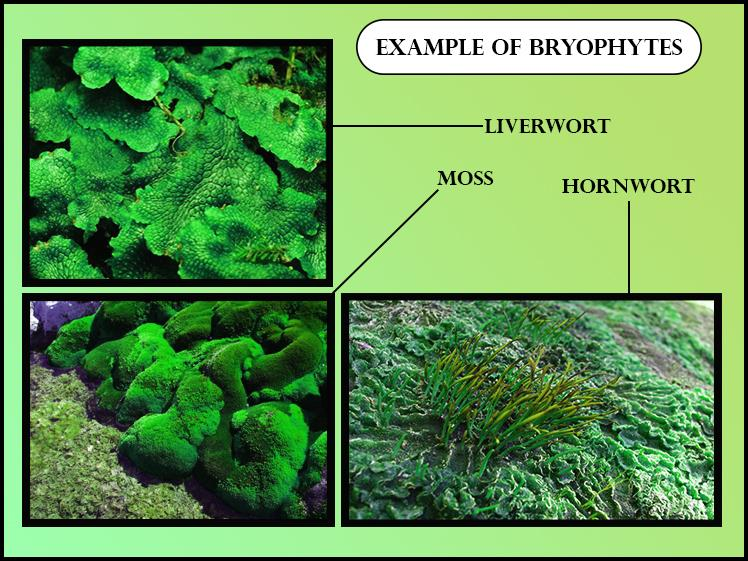
Father of Indian bryology is
(a)Raj Kumar
(b)S.R. Kashyap
(c)Maheshwari
(d)Khurana
Answer
588.9k+ views
Hint: The father of Indian bryology was a botanist who was a specialist on the bryophytes especially those belonging to the Himalayan region. He is the father of famous Bollywood actress Kamini Kaushal.
Complete answer:
Shiv Ram Kashyap was a professor of Botany, in Punjab University at Lahore. He was also known as the father of Indian Botany as his discovery of six species of plants. He travelled the Himalayan region where his famous three discovery arises: Liverworts of the western Himalayas, Flora of Tibet, and sexual generation of Equisetum. He published the book ‘Lahore District Flora' with family friend A.C. Joshi.

Additional Information
-Bryology is the scientific study of bryophytes like mosses, liverworts, and hornworts by observing, recording, classifying, and researching on the bryophyte different species.
-Hedw. Johann Hedwig, a German botanist is also known as the father of bryology and famous for the study of sexual reproduction in cryptogams.
-Hedw. Johann Hedwig published his work ‘Species muscorum frondosorum’ in which he described mainly all moss species including nomenclature except Sphagnum.
-Bryophytes consists of three taxonomic groups:
Moss -Bryophyta
Liverworts- Marchantiophyta
Hornworts- Anthocerotophyta
-The bryophyte has a two-stage life cycle, first stage as gametophyte and other as sporophyte generation thus known as alternation of generation.
So, the correct answer is, ‘S.R. Kashyap.’
Note:
-Bryophytes grow in damp and shady places and follow the heterozygous haploid diploid type of life cycle.
-Bryophytes are among the simplest of the terrestrial plants which lack complex tissue systems.
-They are called amphibians of the plant kingdom because they can live in soil but are dependent on water for sexual reproduction that means they require water to complete their life cycle.
Complete answer:
Shiv Ram Kashyap was a professor of Botany, in Punjab University at Lahore. He was also known as the father of Indian Botany as his discovery of six species of plants. He travelled the Himalayan region where his famous three discovery arises: Liverworts of the western Himalayas, Flora of Tibet, and sexual generation of Equisetum. He published the book ‘Lahore District Flora' with family friend A.C. Joshi.

Additional Information
-Bryology is the scientific study of bryophytes like mosses, liverworts, and hornworts by observing, recording, classifying, and researching on the bryophyte different species.
-Hedw. Johann Hedwig, a German botanist is also known as the father of bryology and famous for the study of sexual reproduction in cryptogams.
-Hedw. Johann Hedwig published his work ‘Species muscorum frondosorum’ in which he described mainly all moss species including nomenclature except Sphagnum.
-Bryophytes consists of three taxonomic groups:
Moss -Bryophyta
Liverworts- Marchantiophyta
Hornworts- Anthocerotophyta
-The bryophyte has a two-stage life cycle, first stage as gametophyte and other as sporophyte generation thus known as alternation of generation.
So, the correct answer is, ‘S.R. Kashyap.’
Note:
-Bryophytes grow in damp and shady places and follow the heterozygous haploid diploid type of life cycle.
-Bryophytes are among the simplest of the terrestrial plants which lack complex tissue systems.
-They are called amphibians of the plant kingdom because they can live in soil but are dependent on water for sexual reproduction that means they require water to complete their life cycle.
Recently Updated Pages
Master Class 11 Computer Science: Engaging Questions & Answers for Success

Master Class 11 Business Studies: Engaging Questions & Answers for Success

Master Class 11 Economics: Engaging Questions & Answers for Success

Master Class 11 English: Engaging Questions & Answers for Success

Master Class 11 Maths: Engaging Questions & Answers for Success

Master Class 11 Biology: Engaging Questions & Answers for Success

Trending doubts
One Metric ton is equal to kg A 10000 B 1000 C 100 class 11 physics CBSE

There are 720 permutations of the digits 1 2 3 4 5 class 11 maths CBSE

Discuss the various forms of bacteria class 11 biology CBSE

Draw a diagram of a plant cell and label at least eight class 11 biology CBSE

State the laws of reflection of light

Explain zero factorial class 11 maths CBSE




